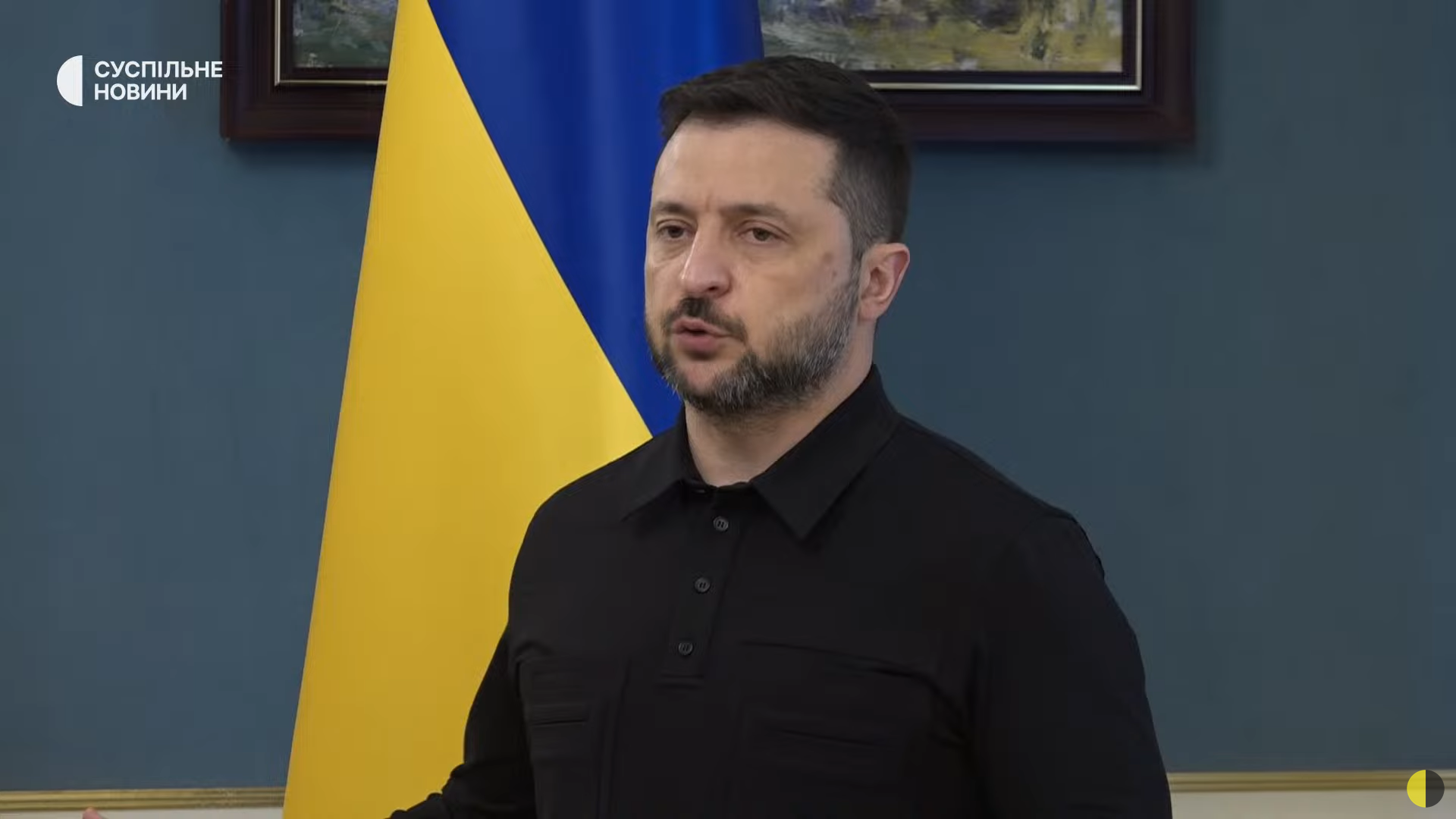Ukrainian President Volodymyr Zelenskyy said on 28 September that Russia employs oil tankers to launch and control drones targeting European nations.
“This is yet another proof that the Baltic Sea and other seas must be closed to Russian tankers, at least to the shadow fleet,” Zelenskyy said.
The shadow fleet refers to a network of oil tankers Russia created to circumvent international sanctions imposed over its aggression against Ukraine. This fleet enables the Kremlin to continue oil exports, particularly to China and India, despite EU restrictions on Russian oil imports.
NATO airspace violations escalate across Europe
The drone incidents form part of a broader pattern of Russian airspace violations affecting multiple NATO members throughout September.
Polish airspace was first breached on 10 September when Russian drones entered during attacks on Ukraine, marking the first instance of Polish aviation shooting down unmanned aircraft over its territory.
Three days later, Russian drones again entered Romanian territory. According to Zelenskyy, one drone penetrated nearly 10 kilometers into Romania and remained in NATO airspace for approximately 50 minutes on 13 September.
Drone debris has been discovered on beaches in Bulgaria and Latvia, indicating the geographic spread of these incidents.
Russian military aircraft directly violated NATO airspace on September 19 when three MiG-31 fighters entered Estonian territory over the Gulf of Finland without authorization, remaining for 12 minutes total.
Critical infrastructure targeted
Denmark experienced its most serious incident on 23 September when drones forced the closure of Copenhagen’s main airport for four hours. Danish authorities called this “the most serious attack on critical infrastructure” and linked it to the series of Russian drone intrusions across Europe. The same night, drones were detected over Norway’s main airport.
Unknown drones appeared over the German state of Schleswig-Holstein bordering Denmark on 26 September, with simultaneous sightings near Sweden’s naval base. Germany responded by announcing the creation of a new Drone Defense Center.
The most recent incidents occurred on 27 September when Lithuania, Denmark, and Finland reported new drone detections. In Finland, an unknown operator launched a drone over the Valajaskoski power plant in Rovaniemi. Danish forces detected drones over several military facilities, while three drones flew near Vilnius airport in Lithuania.




